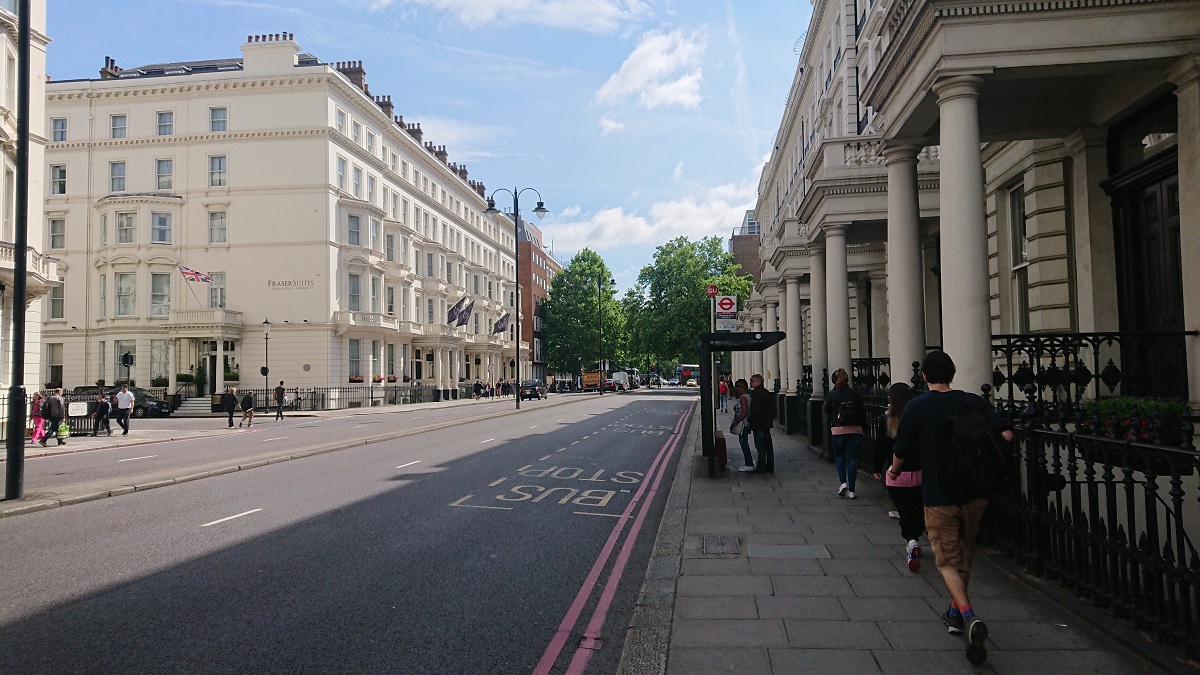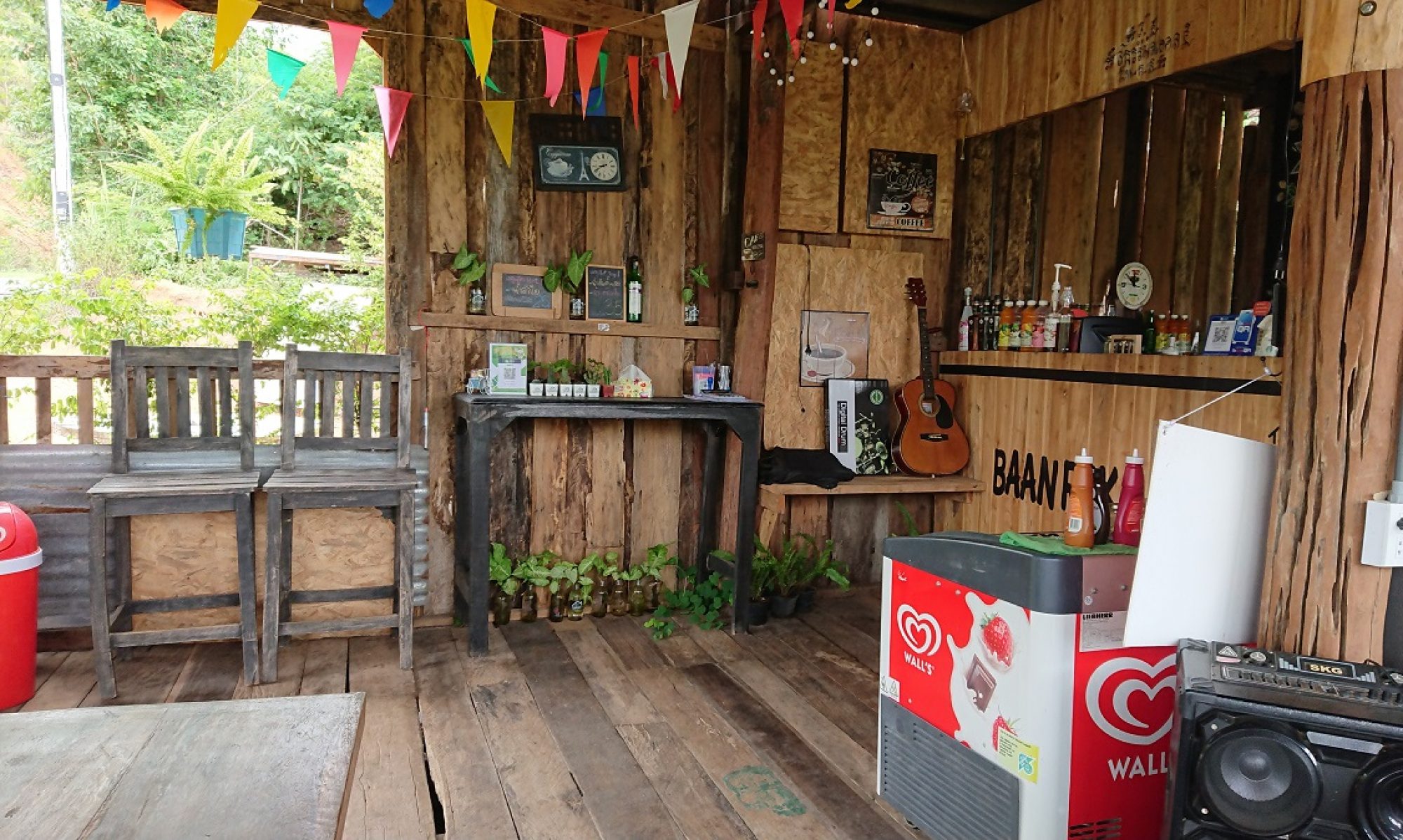Songkran water festival
It is the time of year when Thai’s from all over the world return to their families, their homes and villages to pay respect to their elders. And to join the kids celebrating Thailands Water Festival.
Songkran is the New Year’s festival. New Year’s Day is 13 April every year, but the official holiday period includes 14–15 April as well. And unofficially stretches through to the following weekend. The word “Songkran” comes from the Sanskrit word saṃkrānti which literally means “astrological passage”, transformation or change.
Mornings begin with visiting the local temple and offering food to the monks is commonly practiced. Later in the day pouring water on Buddha statues represents a way of purification, washing away the past.
It is a festival of unity.
People who have moved to other countries usually return home to their loved ones and elders and the younger members of the family show respect by pouring fragrant water over the palms of elders’ hands. Paying reverence to ancestors is also an important part of Songkran tradition.
Main streets in the towns and villages are closed to traffic to allow both young and old celebrate by splashing water on each other and engaging in fierce water battles. Water barrels are placed on virtually every road and traffic runs the gauntlet of laughing noisy kids armed to the teeth with an impressive array of water guns, hosepipes and fragrant paste.
Gunsmithing skills are also an essential service.
Letter of consent
Applying for the new Thai e-passport is super quick and efficient. Except when your brother is a minor under the age of sixteen. We had to get a form from Amphoe for his passport. The other complication was that Dad is stuck in the England trying to organise a visa for the family to move and settle in the UK.
In which case he is required to provide a letter confirming that he consents to my Mum applying to renew passports for my brother and myself.
This he did.
He posted us the letter of consent together with a copy of his passport which took three weeks to get to us. Note for Dad, next time pay the extra and send it priority delivery.
Then when we eventually got up to Bangkok we found that they couldn’t accept it. It needs to be certified by the Thai Embassy in London on an official form, all in Thai.

He took leave, the train to the London Victoria Station and the District Line to Grosvenor Rd. From there he followed Google maps to the Thai Embassy.

The Embassy was not quite as efficient as they are in Bangkok. At first he joined the wrong queue but eventually got everything done and arranged to have the letter of consent and certified copy of his passport mailed back to him in the self addressed envelope which he had bought from the Post Office which is a priority service they offer.

He later found Rosa’s Thai Cafe which is near the London Victoria station before taking the train home. The documents will take three working days to process and when he gets them back he will courier them to us so we can pick the passports up when we next go up to Bangkok.
Bamboo shoots
Everyone is cutting, cooking and prepping the young bamboo shoots that are sprouting with the rains.
Bangkok airport terminals
In the UK
I have been in the UK for nearly three months now and have given up looking for a decent Thai restaurant. Haven’t had a decent Tom Yum yet.It’s not quite the same as my search for western food in Kanchanaburi .
The UK and I assume Europe, lacks that vigor that comes with freshly cooked, spicy meals. It is all regulated, calculated and sanitised.
Making it profoundly boring.
Qualifying income
It is a lot easier once you are in the UK and if both of you are earning. Much better for the blood pressure.
You and your partner must have a combined income of at least £18,600 a year if:
You’re applying as a partner and you want to settle in the UK (get ‘indefinite leave to remain’) within 5 years
You must prove you have extra money if you have children who:
are not British or Irish citizens
do not have pre-settled status
are not permanently settled in the UK
If you need to prove extra money for your children, you’ll need to earn an extra:
£3,800 for your first child
£2,400 for each child you have after your first child
This is called the ‘minimum income requirement’.
You may be able to use your savings instead of income. How you prove you have the money depends on how you got the income.
What counts as income
You and your partner can use:
income from employment before tax and National Insurance (check your P60 or payslips) – you can only use your own income if you earn it in the UK
income you earn from self-employment or as a director of a limited company in the UK – check your Self Assessment tax return
cash savings above £16,000
money from a pension
non-work income, for example from property rentals or dividends
If you’re using income from self-employment or employment, you’ll need to prove you or your partner received that income for 6 months or more.
Example
You’ve worked with the same employer earning £18,600 or more for 6 months or longer.
What proof you need to give
You’ll need to provide proof of your income with your application. If you or your partner are employed, you could include:
bank statements showing you or your partner’s income
6 months of payslips
a letter from an employer, dated and on headed paper
The employer’s letter should confirm:
you or your partner are employed there
the job title or position you or your partner hold
how long you or your partner have worked there
the type of contract (for example, permanent, fixed term)
what you or your partner earn before tax and National Insurance
how long you or your partner have been paid your current salary
the payslips are genuine
You’ll be told exactly what documents to provide when you apply online.
You need to show you and your family have enough money to adequately support and accommodate yourselves without relying on public funds. The caseworker considers your income and housing costs.
Kanchanaburi buses
Nong Prue Dam


